Wearing a T-shirt proclaiming “We won’t Black down”, Wanda Mosley had made the trip from Atlanta. “I had to be here because the Voting Rights Act is on life support,” the 55-year-old explained. “Today the court will synthesise the arguments and decide if they’re going to kill it – or allow it to live.”
Mosley was among a few hundred protesters who gathered in warm October sunshine outside the supreme court on Wednesday. Inside the building, whose facade was obscured by scaffolding, justices were weighing arguments in a case involving Louisiana electoral districts and section 2 of the Voting Rights Act.
From afar, it might seem like a dry debate over an arcane law enacted by Congress half a century ago. But to those gathered at the court steps, most of whom were Black, there was a palpable consciousness that the legacy of civil rights giants such as Thurgood Marshall, Martin Luther King and John Lewis was on the line.
Speakers noted that the Voting Rights Act had been a landmark law intended to prevent racial discrimination in voting. Undercutting it would reverse decades of progress.
People held aloft signs that said “Black voters matter”, “Build Black political power”, “Fight for fair maps”, “Fight like hell!”, “It’s about us”, “My vote is my voice”, “Protect people, not power”. One said, “Protect our vote” around a photo of Lewis, the Georgia congressman who died five years ago.
Donald Trump cast a shadow. An African American man waved a black-and-white flag that declared: “Fuck Trump and fuck you for voting for him.” A white woman carried a sign with a mocking cartoon image of the president and the slogan: “Trump’s afraid of free and fair elections.”
Another held a sign that referenced Marshall, the first African American supreme court justice, and current justice Clarence Thomas, a conservative who is also African American. “Thurgood is watching you, Clarence,” it said. The back of the sign added: “Stop legalizing Trump’s race war.”
There were chants of “Power to the people” and “We shall not be moved”. Songs including Sam Cooke’s A Change Is Gonna Come, Common and John Legend’s Glory and Jill Scott’s Golden boomed from loudspeakers.
Cliff Albright, a co-founder of Black Voters Matter, admitted mixed feelings to the crowd: “There’s a part of me that gets sad at the impending death of this thing that has meant so much. I feel that sadness. There’s a part of me that feels weak, that feels small as I stand outside this huge building with so much history.”
But Albright also insisted on hope, referencing Lewis’s role in the Selma to Montgomery marches in 1965, where he led peaceful protesters across the Edmund Pettus Bridge. “When we believe, we got the power to move mountains, we got the power to cross the bridge in a city called Selma and changed the course of history.
“We got the power to make good trouble and we’ve got the power to move this court. This court ain’t nothing but another mountain for us to move. We’ve got that kind of power but we’ve got to believe, y’all.”
A great cheer went up when Janai Nelson, president of the NAACP Legal Defense Fund, who had been arguing on behalf of a group of Black voters, emerged from the court building and descended the steps that have witnessed many past triumphs. Two white women in police uniform and sunglasses looked on.
Nelson struck an optimistic tone, telling the gathering: “We believe in the future of this multiracial democracy. We believe that, no matter what assaults and attacks we are currently facing, the right to vote is still the lifeblood of our democracy and that it must be protected at all costs.
“And we know that the law is on our side. We know that if these justices follow their own words, we will prevail in this case and so that is the argument that we made today.”
Speakers framed the legal fight as the latest chapter in a long, generational struggle for civil rights, frequently invoking the movement’s heroes.
Terri Sewell, a Democratic congresswoman who represents Alabama’s seventh congressional district, which includes her home town of Selma, said: “I want to remind all of you of what John Lewis said on his very last time on that bridge in Selma.
“John’s body was riddled with cancer but he stood up tall and strong at the apex of that bridge and he said with a very strong voice: ‘Never give up. Never give in. Keep the faith and let’s keep our eyes on the prize.’”
Alanah Odoms, executive director of the ACLU of Louisiana, cited King’s “promissory note” analogy from the March on Washington, stating that “America had defaulted on that promise” and that generations later the question remains: “When will this country make good on what it put down on paper?”
As the crowd dispersed, Mosley, the activist from Atlanta, lingered a while and reflected on why she had come. “It’s frustrating because I’m as American as anybody else,” she said. “I’m a descendant of enslaved Africans that literally built this country.
“I deserve to have unfettered rights to vote, and I deserve to have representation that lives in my neighborhood, that comes from my community and knows what our community needs. And we’ll fight for those things.”

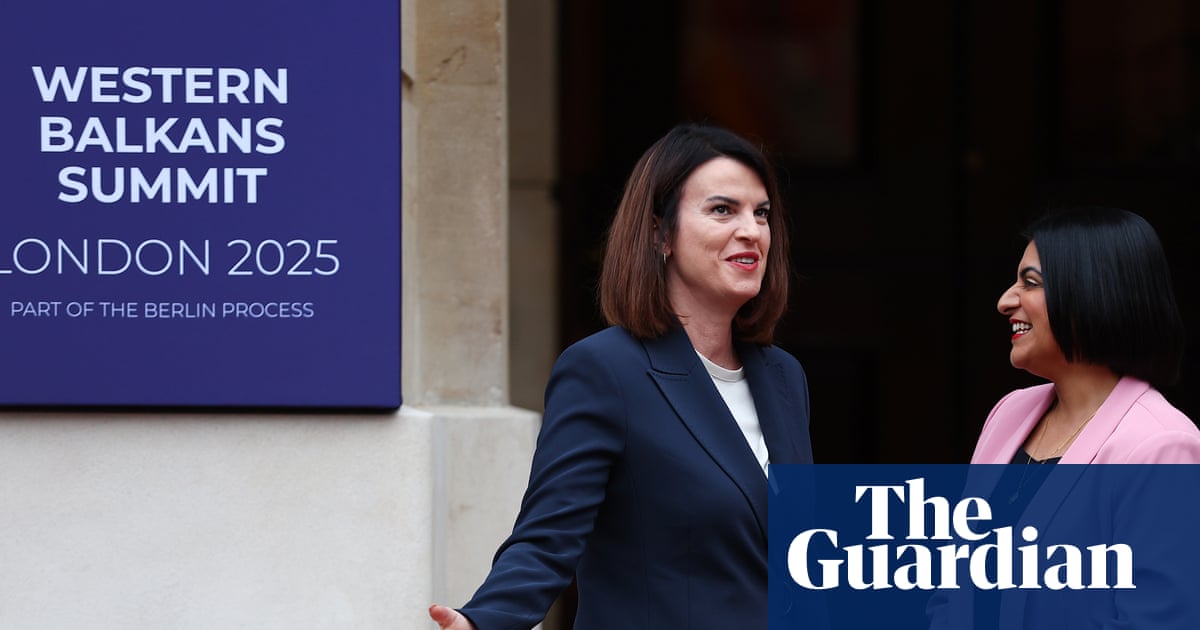
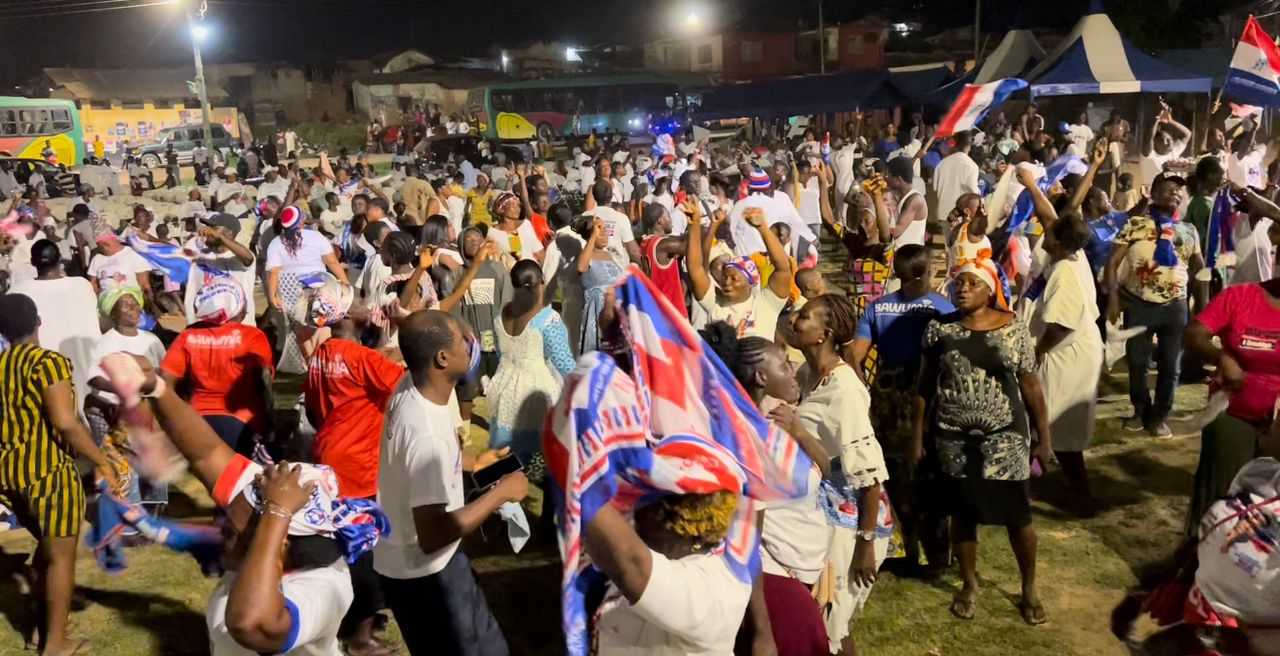
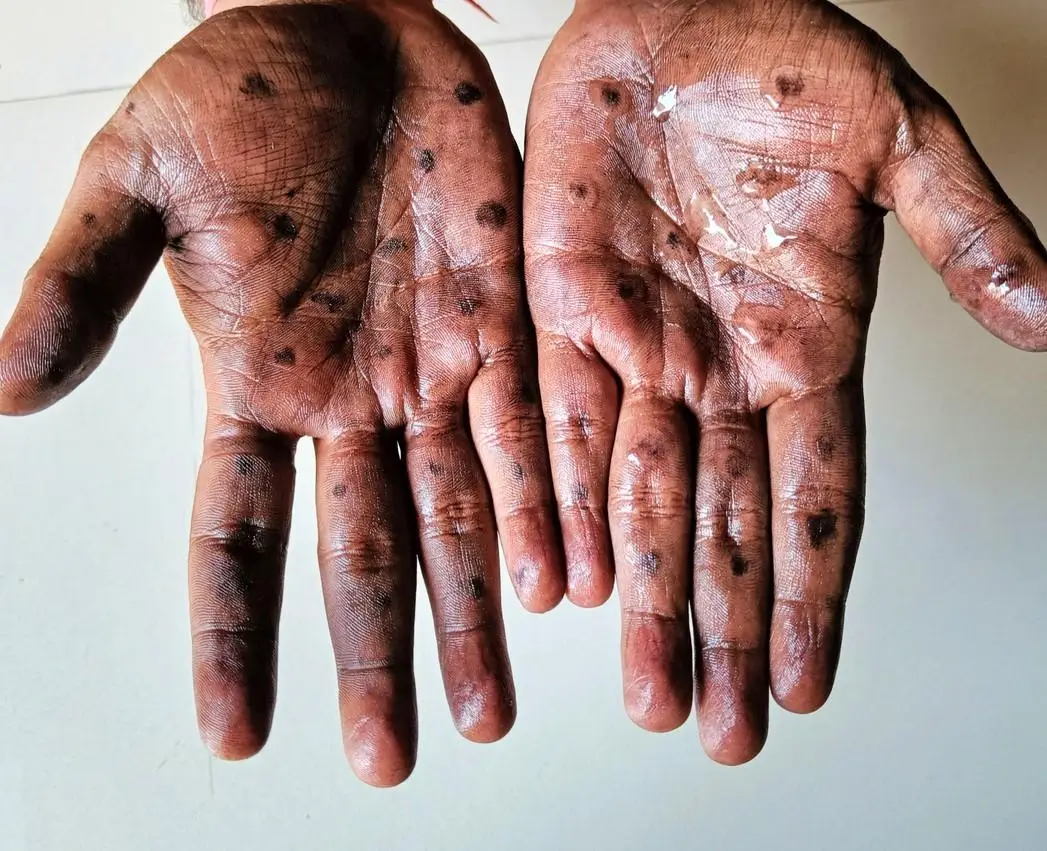
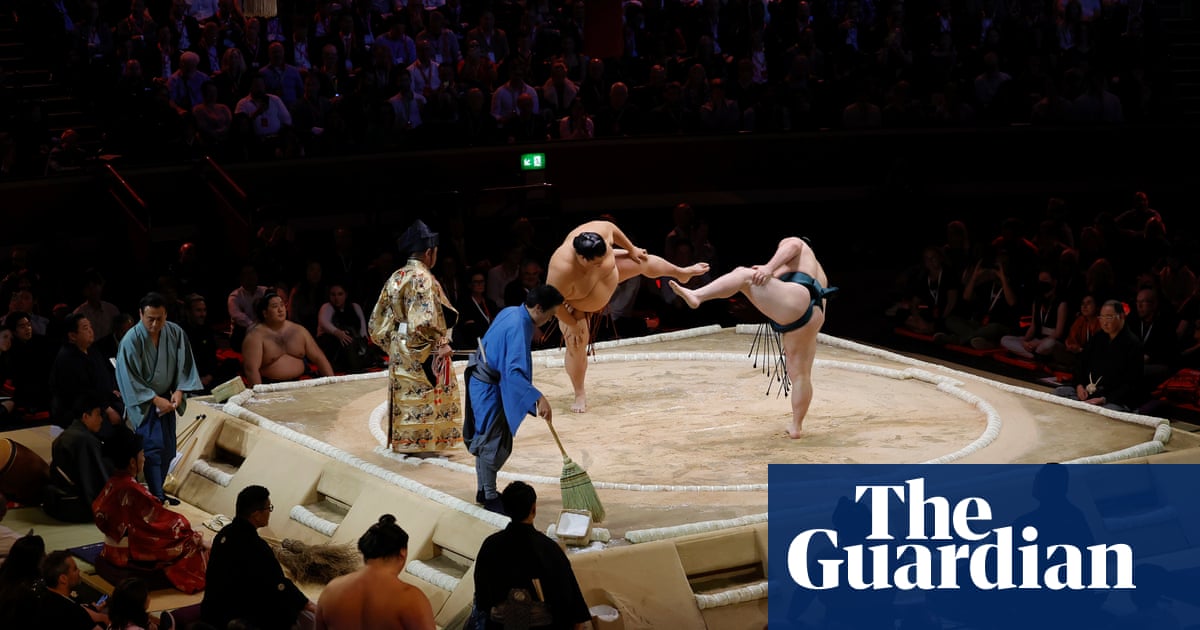
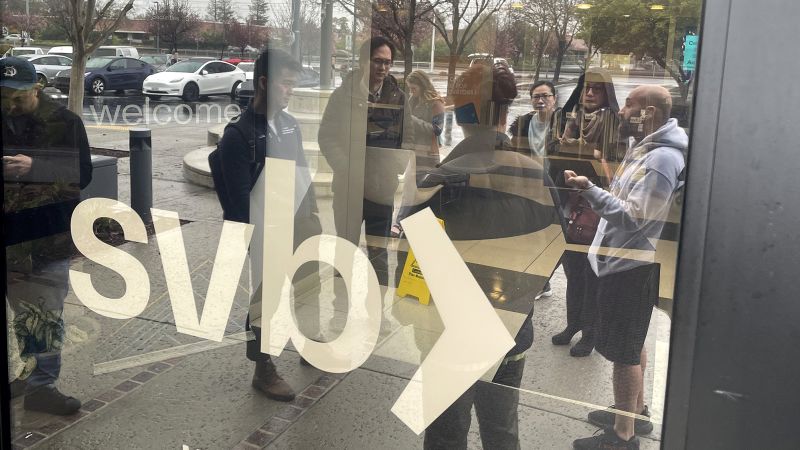
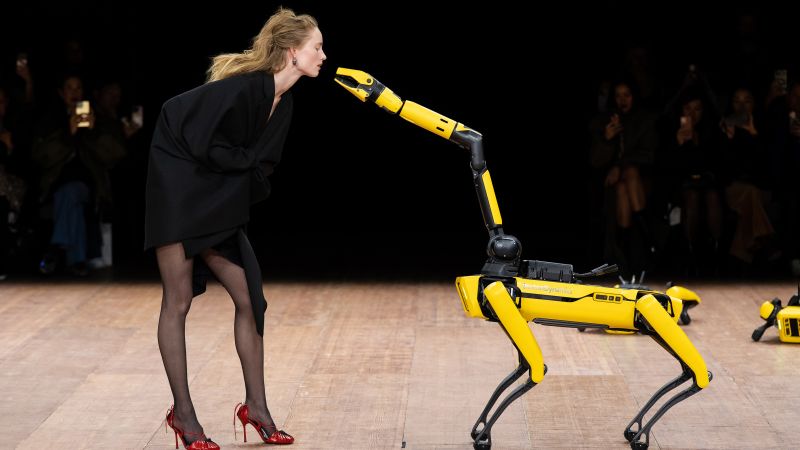
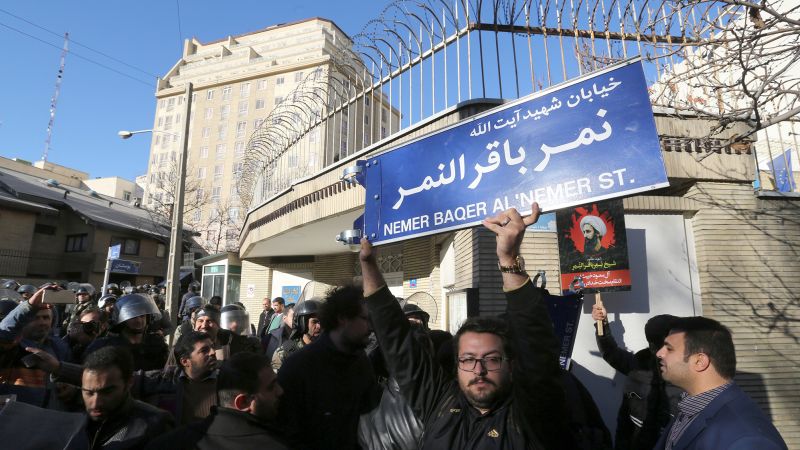
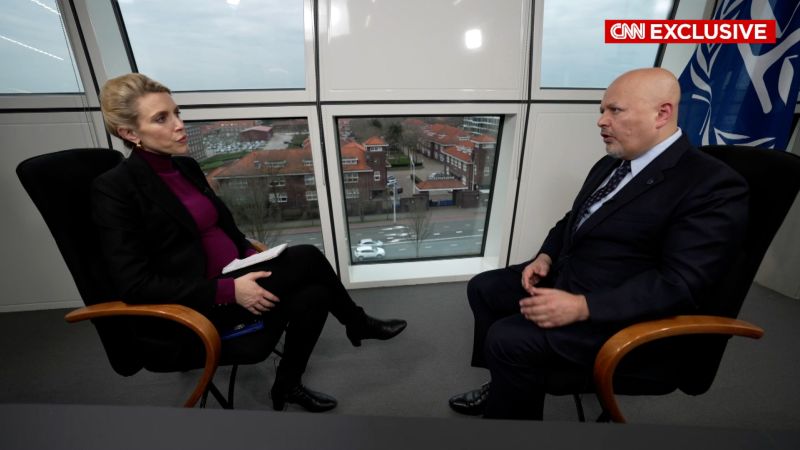
 English (US)
English (US)